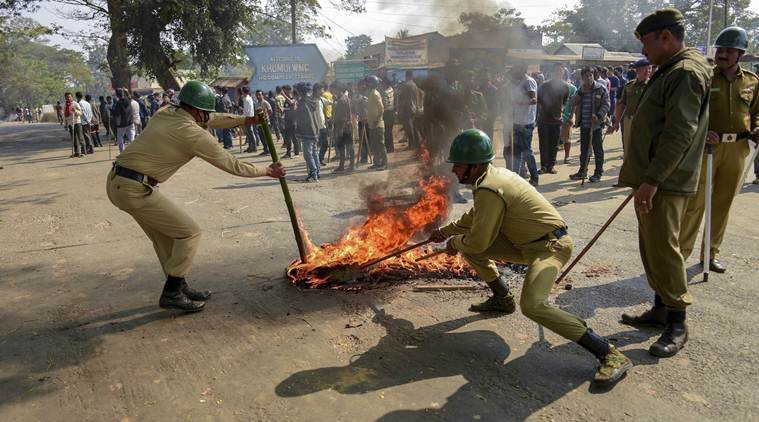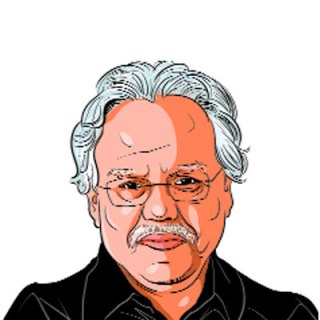The fire in Assam
Many view the citizenship amendment bill as a betrayal of BJP’s poll promise

People in many parts of Northeast India, especially Assam, have spoken loudly against the citizenship amendment bill through widespread public protests. But there is strong support for the bill in certain Bengali-speaking clusters — notably the state of Tripura and the Barak Valley of Assam. These are areas with large numbers of people directly impacted by the partitioned geography of Sylhet, including many Hindus that are unauthorised immigrants under current law.
The ostensible purpose of the bill is to shelter persecuted religious minorities from Afghanistan, Bangladesh and Pakistan. Hindus, Sikhs, Buddhists, Jains, Parsis and Christians are groups that the proposed law identifies as religious minorities. Muslim groups like Ahmadis — certainly a persecuted religious minority in Pakistan — are conspicuously absent. In Assam, it muddles the NRC (National Register of Citizens) process since unauthorised Hindu immigrants from Bangladesh who came before December 31, 2014 — according to the bill — would no longer be considered illegal migrants; they would become eligible to apply for Indian citizenship.
If the bill becomes law, it will be a major step in moving India’s citizenship regime from being based on birth in a territory (jus soli) to one based on blood and ancestry (jus sanguinis). It will even incorporate into our citizenship laws the idea of Hindu immigration as homecoming. The bill formalises a position long taken by Hindu nationalists.
One can be sympathetic to the plight of those persecuted for their faith in neighbouring countries and still be alarmed by this effort to dramatically change India’s citizenship regime. Aren’t there other ways for India to support persecuted religious minorities in neighbouring countries? It is extraordinary that the dissent against the bill has not been more widespread.
One can be sympathetic to the plight of those persecuted for their faith in neighbouring countries and still be alarmed by this effort to dramatically change India’s citizenship regime. Aren’t there other ways for India to support persecuted religious minorities in neighbouring countries? It is extraordinary that the dissent against the bill has not been more widespread.
But how has Northeast India managed to strike this powerful dissenting note? The region’s courage to be parochial — to borrow an expression used by Irish poet Patrick Kavanagh — deserves more attention and appreciation. Kavanagh once said that, “it requires a great deal of courage to be parochial”. Parochialism for him was the opposite of provincialism. The provincial, he wrote, “has no mind of his own; he does not trust what his eyes see until he has heard what the metropolis… has to say on any subject”. The parochial mentality, in contrast, has no doubts about the authenticity of the local and a sense of belonging to it. Kavanagh wrote this with artistic and literary creativity in mind. But the idea applies to political expressions and actions as well.







































No hay comentarios:
Publicar un comentario